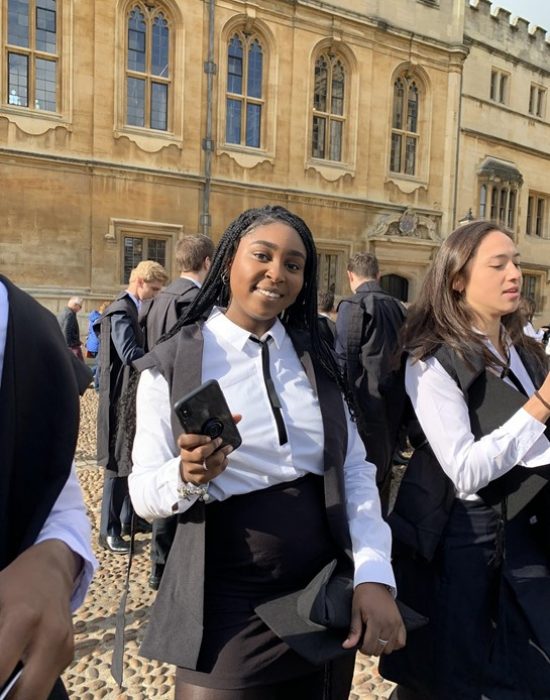
I
chose to study History at University for quite a few reasons. At A Level I did
an Early Modern course, and having only done really Modern History at GCSE was
really not looking forward to it. After a while I found that I was still doing
really well in the lessons and was actually finding it much more interesting
than I had expected. I then started reading more about the period of my A level
course and really enjoyed it, and so decided to study at degree level because I
thought it was something I’d be able to sustain an interest in for 3 years and
because I was quite good at it.
My
interview experience was on the whole quite positive. I had 2 interviews at
Keble which is the college I applied to. The first interview was with 2
interviewers and I was asked questions surrounding my personal statement and
the written work I’d sent in. It was much more like a conversation than I had
expected. It was not really a test of my historical knowledge at all, but more
so the tutors just asking my opinions and thoughts on things derived from my
personal statement. (For example, I had sent a piece of written work on Henry
VII’s domestic policy and I was asked whether I thought he was a tyrant). My
second interview I was given a source and had 2 hours before the interview to
look through it and make notes and think about some questions. In the second
interview I essentially just had to go through the source with the interviewers
and just showed what I’d understood it to be saying and relate it to other
things I’d studied if I could. This source interview varies from college to
college, some colleges give you short extracts in the interview others give you
things to look at beforehand. I would say the thing to make sure in your
interview is that you articulate your thought process because the tutors aren’t
mind readers and won’t know what you mean unless you tell them. This is
something I’d say would be good to practice beforehand because it can be quite
weird if you’re not used to doing it.
In my personal statement wrote I about the Nigerian Civil War, as this was something personal to me that I cared about and was interested in. I also wrote about Henry VIII in comparison to Suleiman II, Charles V and Francis I. As my A Level syllabus covered the Tudors, this was a way for me to demonstrate that I had taken initiative to think about things beyond my course – what is often referred to as super curricular learning. I would say the important thing to do in your personal statement is to make sure whatever it is you are talking about you are genuinely interested in, because you will have to speak about it at interview and it is much easier to do this if you enjoy it. I would also say to try and make sure that whatever you are mentioning, don’t just explain the argument in a book or write about a podcast or whatever, make sure you are saying why things are interesting to you or what they made you think about, make judgements where you can and explain why these things have made you want to study History.
Something I didn’t realise when applying, was just how much more scope there is for choice in an Oxford History degree in comparison to History degrees at other Universities. At Oxford you’re able to choose not just what modules you do but also you are able to shape your teaching and choose what you want to do within modules too often which is great.
A typical week for me does change depending on the term. In my first year a typical week would involve a tutorial each week for whatever paper I was doing that term (whether that be British History, European/World History or my Optional Subject). For each tutorial I’d have an essay to do so each week I’d spend most of my time reading for and then writing my weekly essay. Alongside that I also had classes every other week for Approaches to History, which was my Paper 4 Option. This would also require me to write an essay, so each week you are essentially working towards 1 and a half essays. Lectures for History are non-compulsory but there are about 2 a week if you did want to attend.
